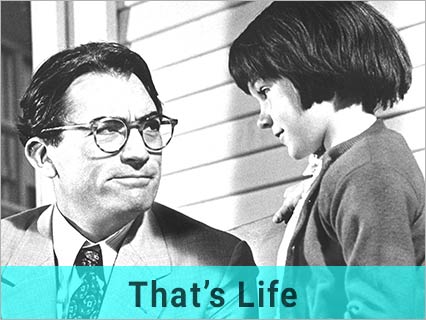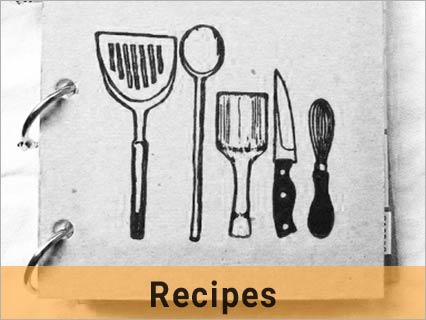Fingers, buttons and online cookie jars …
05 Nov 2024
Dear LPG readers,
Now that I have learnt how to do this, I enjoy browsing the Internet. It reminds me of being in the doctor’s waiting room in the 1970s when you knew you would get seen, but it would always take a little time.
I would start by looking at the latest leaflets on the health issues left for you to look at, but then I would get bored of that after a while. Most readers who are old enough to be interested in this website will know what I mean. Then, as time passed by, if you were like me, you would find looking at the other people in the waiting room and wondering why they were there a bit boring too, so you would take a look at one of those magazines that were always piled up in the corner somewhere.
That was then, but have you noticed how things have changed? Firstly, we rarely even get to the doctor these days. If we get an invitation to visit, the average pre-pensioner’s threshold for just sitting and waiting is non-existent because everyone has that little electronic box of tricks in their pocket called the mobile phone.
The epidemic is spreading to the youngsters and us older members of the population, but our patience has been allowed to get spread even thinner. When we browsed the magazine, we saw all kinds of articles and adverts, some of which we were interested in and others we had no interest in. After reading a few words in the headline, we decided to flick the page over or read more. Have you noticed that we don’t do that quite so often when using our phones, tablets, laptops and desktops to click through? It is as if the internet knows what to send our way if it wants to keep us interested, and all the stuff we have not shown any interest in is much less likely to come our way.
And now, one of the more annoying things that happen when we find something we are interested in reading is that we are also faced with what I call the cookie jar that we have to deal with before we can get to the information hidden behind. I am talking about the option you can only get past accepting, rejecting, or going into more detail about how much of your consent you give, which blocks the way to what you want to read. We all get to a website more often and then come across a dialogue box or the “bit of small print at the bottom” of many websites, which will not let you get past it until you answer the cookie question. The website will need to know what they can do with the information they will have collected about you the instant you click to read on.
I suspect they are called cookies because Americans named them, but the English word ‘cookie’ is ‘biscuit’. Most of us know two facts about cookies: They are enticing and hard to resist, leaving crumbs everywhere. The electronic ones must be the same for the people trying to entice us to their websites.
We all know that there is little you can do and few places you can go when online without being seen to have visited or been looking for whatever it is that you have seen or are looking for, and this is why, in 2002, the EU cookie law was invented. This was designed to protect our privacy, but seven years later, it was followed up with Directive 2009/136/EC and the reasons that the owners of the websites needed to make sure of exactly what personal information each visitor to their websites would allow them to keep.
It is there to make sure that the websites we visit online have our permission to use the information they learn about us. The big problem is that so much information and many kinds of cookies exist. When you get to the website and come up against the cookie question, you have a choice; you can allow all or none of them or manage them by working out which ones you want to accept or reject. The necessary ones will kick in even if you decline. Still, suppose you are one of those people who wants to be a little surer of what you accept or reject. In that case, we often talk about serious headache time, and by the time you have worked through all those decisions, your interest in what you originally went to see usually needs to be recovered.
It is easy to press one of the quick options, but what are you accepting or rejecting when you do that? Of course, there is no right or wrong way to answer the question but being more informed would be beneficial. Having delved into all this, I found some information that may make an extremely complicated subject easier to understand.
LM. Brockley
LM offers her research…







